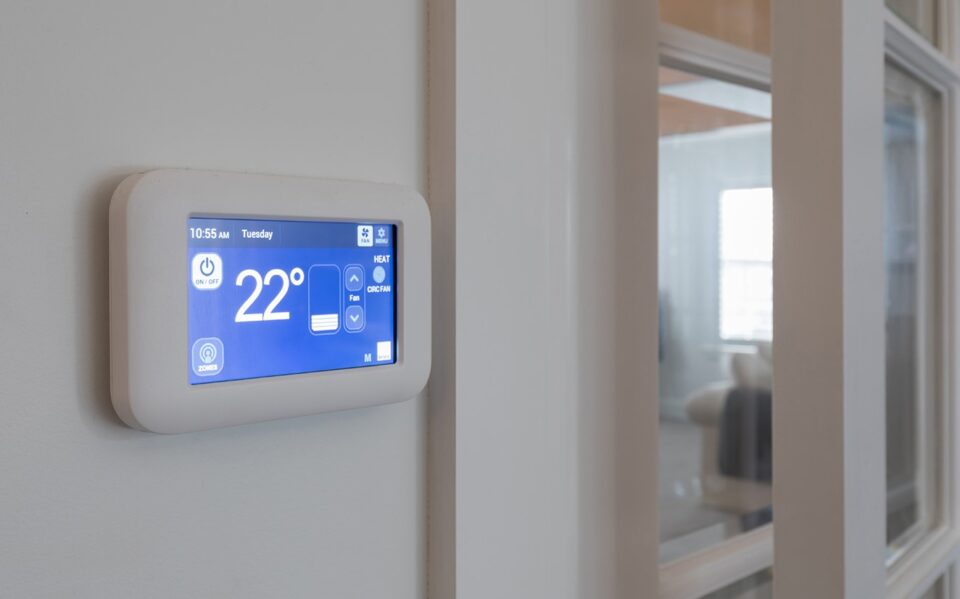If you are trying to decide whether you should install or switch to gas heating, one of the things you’re likely concerned about is the cost of operation. The HVAC experts at American Home Water and Air have some helpful information that might help make your choice a bit easier. Read on to find out what they suggest. You can also learn more about switching from gas heat to electric if you feel gas heating isn’t for you.
Average Cost of Gas Heating in Phoenix

The cost of gas heating per month in Phoenix can vary greatly depending on several factors, such as the size of your home, the efficiency of your heating system, and the cost of natural gas. On average, the cost of heating a home in Phoenix with natural gas is around $75 to $150 per month, but it can be higher or lower depending on the specific circumstances.
It’s important to note that the cost of heating with natural gas in Phoenix can be affected by fluctuations in the market price of natural gas but the National Weather Association has predicted a longer winter, which will tack on additional costs for heating. It’s a good idea to keep an eye on energy prices and compare rates from different gas suppliers to find the best deal.
Reducing Your Gas Heating Costs
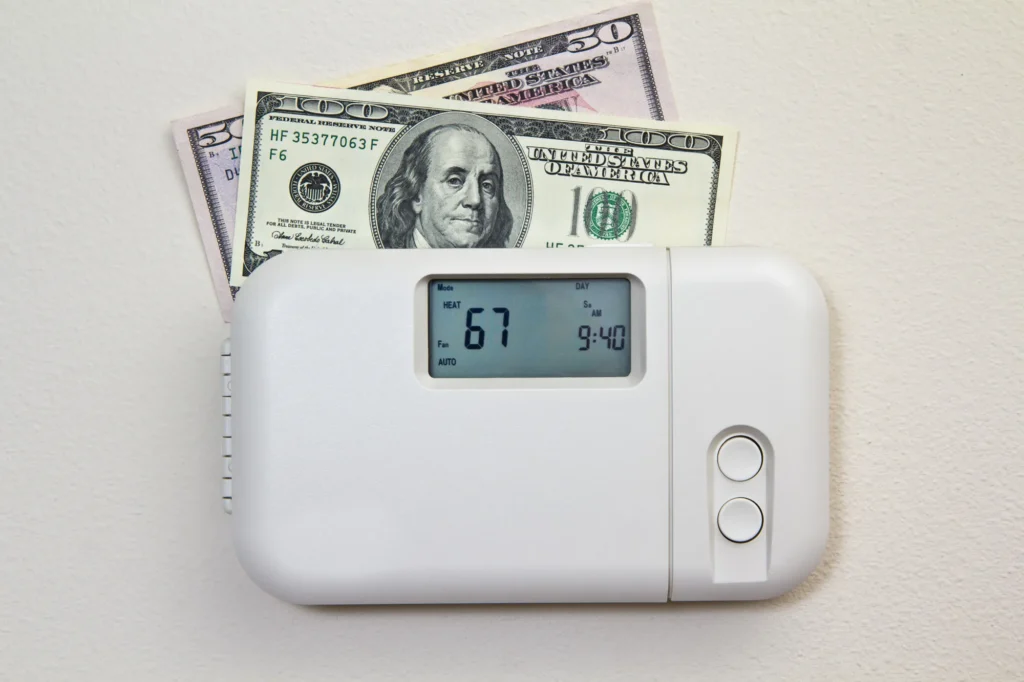
There are several ways to reduce your gas heating bill:
- Insulate your home: Proper insulation can help reduce heat loss and lower your heating bill.
- Upgrade to a high-efficiency heating system: Consider upgrading to a high-efficiency gas furnace or boiler, which can use up to 30% less energy compared to older, less efficient systems.
- Install a programmable thermostat: Set your thermostat to a lower temperature when you’re not home, and a higher temperature when you are. A programmable thermostat can help you control your heating costs by automatically adjusting the temperature for you.
- Seal air leaks: Air leaks can allow warm air to escape and cold air to enter your home, increasing your heating bill. Check for air leaks around windows, doors, and other openings, and use weather stripping and caulk to seal them.
- Maintain your heating system: Regular maintenance can help your heating system run more efficiently and extend its lifespan. Have your heating system checked and cleaned annually by a professional HVAC technician.
By following these tips, you can reduce your gas heating bill and enjoy a more comfortable and energy-efficient home.
Is Gas Heating Cheaper Than Electric?
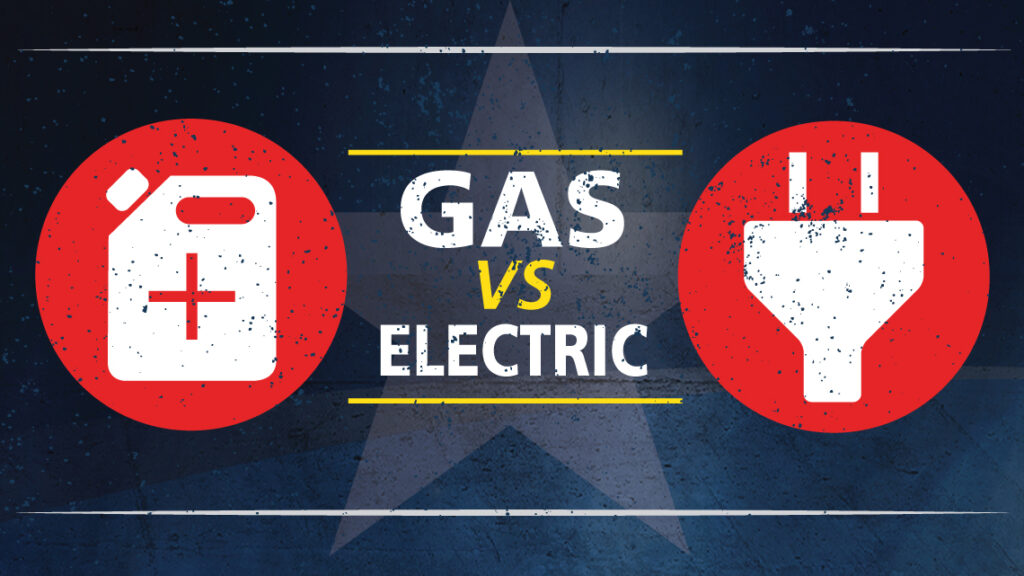
The cost of heating with a gas furnace vs. electric furnace can vary depending on several factors, such as the cost of energy in your area, the efficiency of your heating system, and your usage habits. However, generally speaking, heating with a gas furnace is cheaper than heating with an electric furnace.
Gas furnaces are usually cheaper to operate than electric furnaces because natural gas is typically less expensive than electricity. Additionally, gas furnaces are often more energy-efficient than electric furnaces, which means they can provide more heat per unit of energy used.
However, the cost of heating with a gas furnace can be affected by fluctuations in the market price of natural gas. Additionally, electric furnaces can be more convenient to use in some cases because they don’t require a gas line, and they don’t produce harmful emissions as gas furnaces can.
Ultimately, the best way to determine which type of heating system is cheaper for you is to compare the costs of energy in your area and take into account the efficiency of your heating system and your usage habits. You can also consult with a local heating and cooling contractor to get a more accurate estimate of the costs involved.
What About Green Energy Options?

There are several green options for heating your home that can reduce your carbon footprint and save you money on energy costs. Some of these are less conventional and may not suit the location or design of your home, but if you can work them into your plans or upgrades, they can be real cost savers.
In some cases, you will find that there are government incentives or rebates in place to help you cover the cost of shifting away from fossil fuels to heating systems that have less of an environmental impact. An experienced HVAC technician can assist you in exploring your options for heating your home.
Geothermal Heating
This system uses the constant temperature of the ground to heat and cool your home. It’s highly energy-efficient and can save you up to 70% on your heating and cooling costs.
Solar Heating
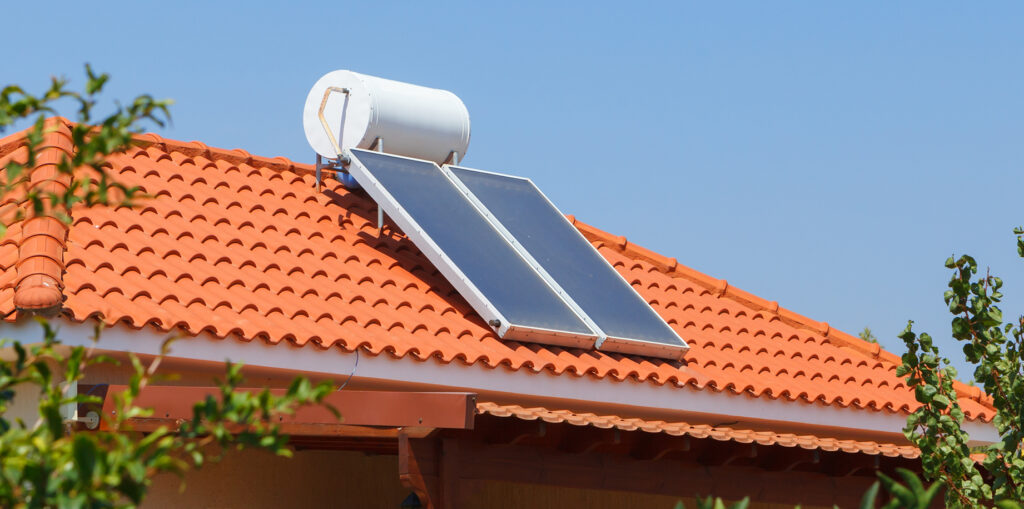
Solar heating systems use the energy from the sun to heat your home. This can include solar panels, solar water heaters, or solar air heaters. Solar heating systems are renewable and don’t produce any harmful emissions.
Heat Pump
A heat pump is a highly efficient heating and cooling system that uses electricity to transfer heat from one place to another. It can be used to heat your home in the winter and cool it in the summer, making it a versatile and cost-effective option.
Wood-Burning Stove
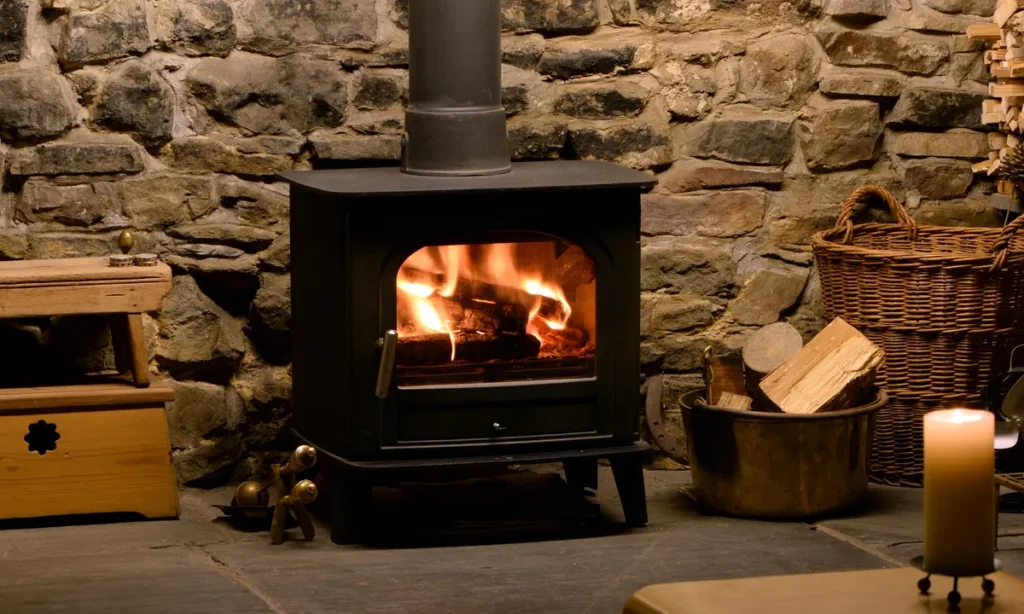
A wood-burning stove can be an eco-friendly and cost-effective option if you live in an area with access to sustainable firewood. Just be sure to burn only dry, seasoned wood and to follow local regulations for wood-burning stoves.
Biomass Heating
Biomass heating systems burn organic materials, such as wood chips or pellet fuel, to produce heat. This renewable energy source produces fewer harmful emissions than traditional heating fuels and can be a cost-effective option if you have access to sustainably sourced biomass fuel.
By choosing one of these green heating options, you can reduce your carbon footprint, save money on energy costs, and enjoy a more sustainable and eco-friendly home. However, they may have heftier upfront costs for the equipment and labor required to have them installed. You may also find that not all options are available to you. You will need to check your zoning laws.

